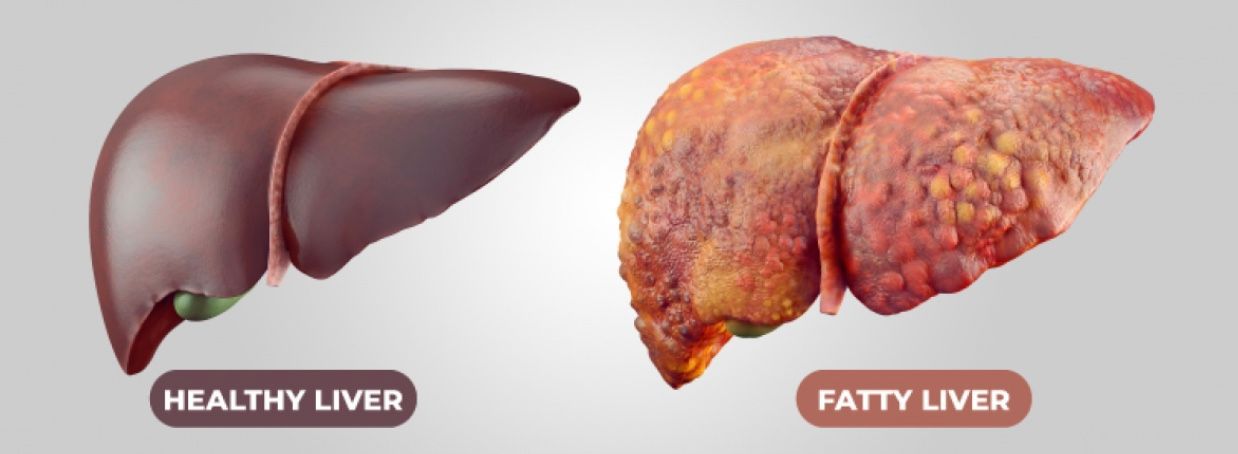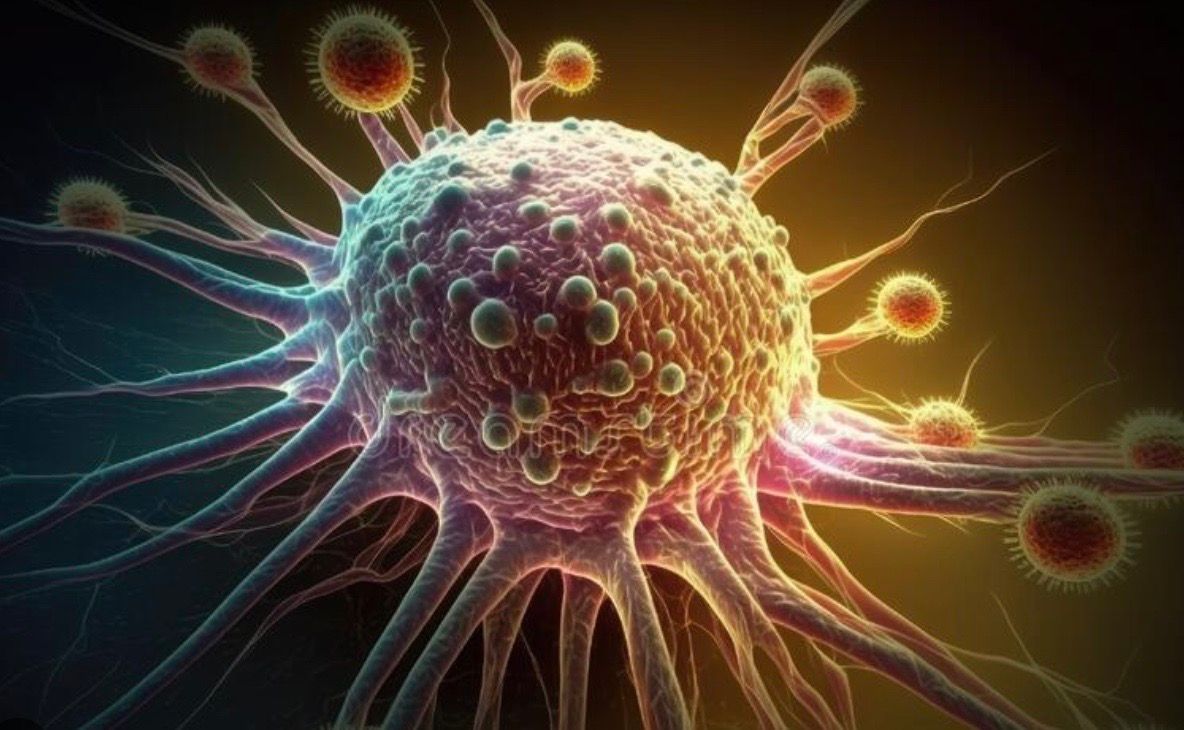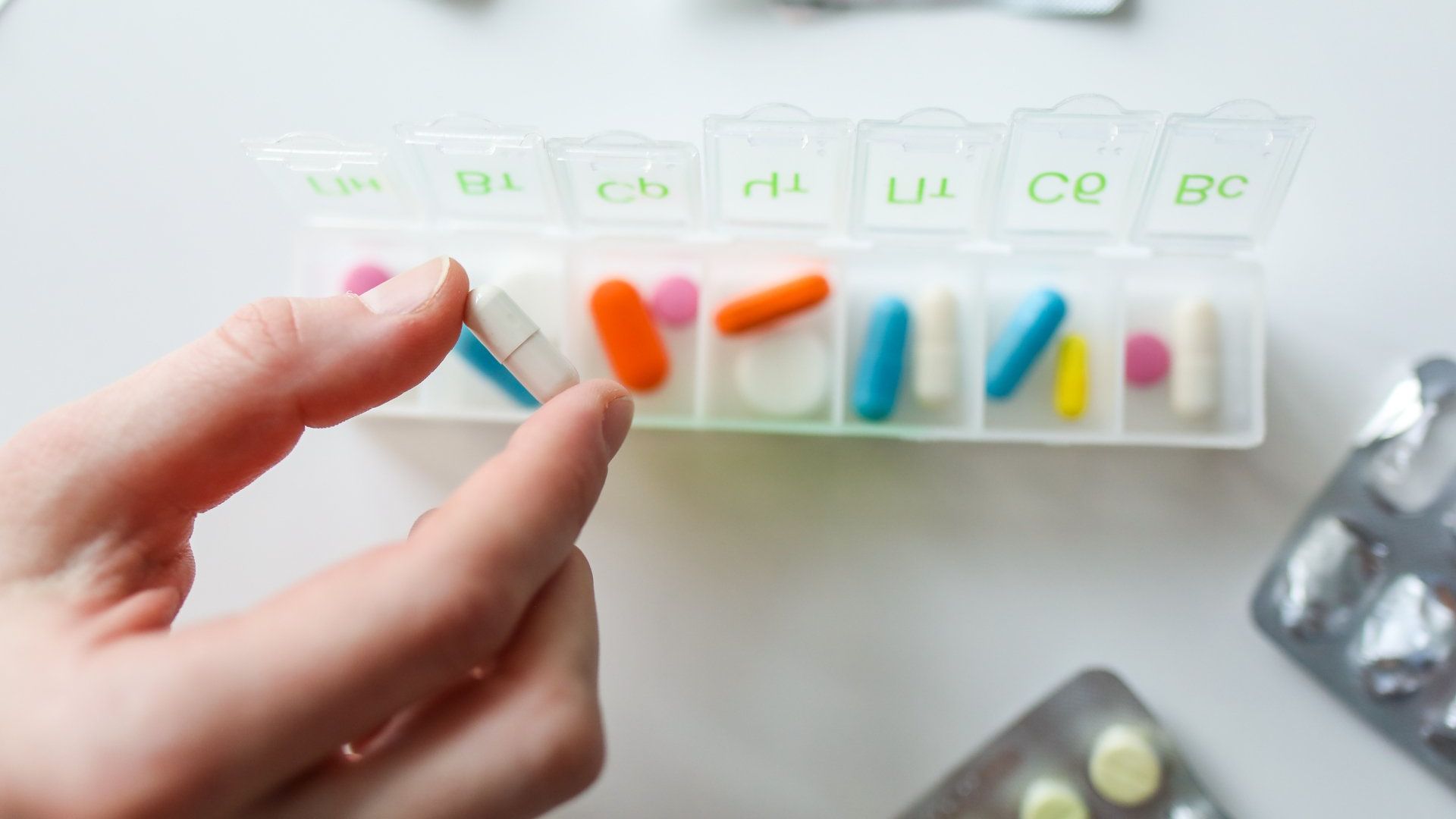Nutrition and Lifestyle for ADHD
Nutrition, Exercise, and Sleep: A Lifestyle Medicine Approach to Treating ADHD
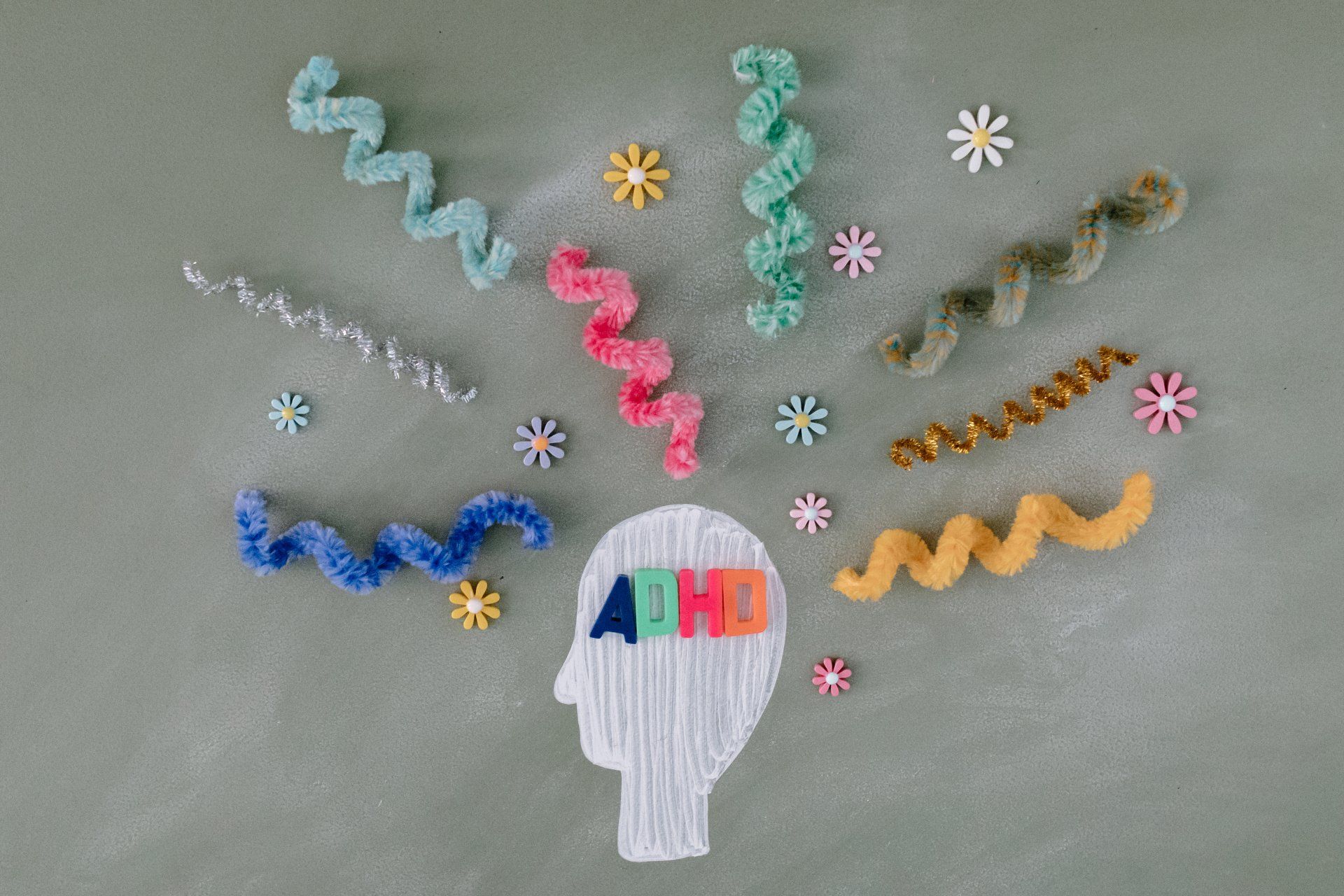
Attention Deficit Hyperactivity Disorder (ADHD) is a brain condition that causes trouble with paying attention, being hyperactive, and acting impulsively. We currently do not fully understand what causes ADHD and it is usually treated with medication and therapy. The medication typically used helps brain chemicals (neurotransmitters) dopamine and norepinephrine work better. In addition to this, nutrition, exercise, and sleep are also important for reducing symptoms and improving well-being.
Nutrition and ADHD: Exploring the Link
1. Omega-3 Fatty Acids: Building Blocks for Brain Health
Omega-3 fats, in foods like flax, hemp, chia, brussels sprouts, and fatty fish are necessary for brain development and function. Research has even shown that a lack of omega-3s might worsen ADHD symptoms. Including these more anti-inflammatory fats in the diet could enhance focus and attention. One simple way is to include flax seeds in a shake. Here are a few recipes to get you started!
2. Protein for Sustained Energy
Protein-rich foods like soy, beans, legumes and lean meats provide a steady release of energy throughout the day. This is much better than the sugar cycle that happens when we eat refined sugars and processed foods. After eating these foods there is a dopamine release in the brain. Dopamine is a brain chemical (neurotransmitter) and hormone that is known as the "feel good" hormone. It regulates our movement, motivation, memory and satisfies our sense of reward. Unfortunately this dopamine release is short-lived, you eventually crash and then crave more - hence the sugar cycle. Our brains are wired to seek reward and pleasure so you crave the foods that feed the reward center in the brain. However, by choosing foods that stabilize blood sugar you can reduce the likelihood of mood swings and hyperactivity often associated with ADHD.
3. Complex Carbohydrates: Fuel for the Brain
Our brains need carbohydrates for energy! Choosing complex carbs, which are found in whole grains, fruits, and veggies, provides a steady supply of glucose (energy) to the brain, helping cognitive function. Avoiding sugary, processed foods prevents energy crashes and mood changes that comes with the sugar cycle.
4. Micronutrients: The Role of Vitamins and Minerals
Certain vitamins and minerals, like vitamin B6, zinc, and magnesium, are very important for how neurotransmitters work and can affect ADHD symptoms. Having a balanced diet with lots of fruits, vegetables, nuts, and whole grains can give you these important nutrients.
- Some research has shown that having enough B6 can increase how alert you are and improve irritability. Lean on food sources of B6 such as bananas, spinach, lentils, avocado prior to supplementation.
- Zinc is needed for your body to make melatonin and it also affects the amount and function of dopamine. The is not conclusive evidence that melatonin supplementation help with ADHD symptoms but there is some evidence that in those who are deficient in zinc, that supplementation may be helpful.
- Magnesium also helps with the function of dopamine and that having sufficient amount of magnesium can have a calming effect on the brain.
One study in particular 1 showed that supplementing with Mg-B6 (Magnesium-B6) regimen for at least two months significantly reduced hyperactivity and aggressiveness but school attention was not improved.
Be sure to check with your healthcare provider before starting any supplementation regiment.
5. Elimination Diets: Identifying Food Sensitivities
In certain situations, certain foods or substances might make ADHD symptoms worse in people who are sensitive. Collaborating with a healthcare professional to find and remove possible triggers may result in big improvements.
Exercise: A Natural ADHD Treatment
1. Boosting Dopamine and Norepinephrine
Exercise activates chemicals in the brain (neurotransmitters) that impact how we pay attention and feel motivated. Regular physical activity can improve focus and help control impulsive behavior. I'm sure you've heard of a "runner's high" - this is due to dopamine and norepinephrine. Maximizing our natural body function and our brains ability to release vital neurotransmitters is a safe and low risk way to help manage symptoms related to ADHD.
2. Enhancing Brain Structure and Function
Research has shown that exercise can lead to structural changes in the brain, particularly in the area of the brain that is associated with attention and executive function. Executive functioning are the mental skills that allow us develop flexible thinking, be able to smoothly switch tasks, develop working memory and self control. Levering the expertise of an Occupational Therapist can help to increase these executive functioning skills.
3. Outlet for Excess Energy
For individuals with hyperactivity as a prominent symptom, engaging in regular exercise provides an outlet for excess energy, helping to reduce restlessness. I know for me personally, getting regular exercise also helps with my ability to concentrate and focus. Going for a run always "clears my head".
The Power of Quality Sleep
1. Restorative Sleep: A Foundation for Mental Health
Adequate and good sleep is very important for overall mental health and thinking ability. Not getting enough sleep can make ADHD symptoms worse, such as not being able to make clear decisions, trouble concentrating and being able to control emotions and behaviors. Not to mention that if you are sleep deprived this is also linked to risk-taking behavior, depression and even suicide.
2. Establishing a Consistent Sleep Routine
Creating a structured bedtime routine and optimizing the sleep environment can help individuals with ADHD improve their sleep quality. Things like avoiding screen time before bed and ensuring a comfortable sleep environment are essential steps. Since I personally struggle with getting good sleep I have done lots of lectures on how to create a sleep clock and what the key gatekeepers are to getting restorative sleep. Check out previous blogs on sleep.
3. Mindfulness and Relaxation Techniques
Practicing mindfulness, deep breathing exercises, and relaxation techniques can help calm the mind and promote better sleep. These techniques are particularly beneficial for individuals with ADHD who may struggle with racing thoughts at bedtime. One of my favorite deep breathing exercises, which also happens to have lots of research to support how well it works is box breathing. Give it a try!
Conclusion: A Lifestyle Medicine Approach to ADHD Management
While medicine and therapy are very important for treating ADHD, it's also crucial to consider the impact of food, exercise, and sleep. Taking a lifestyle medicine approach that addresses these aspects can greatly help people with ADHD.
Remember to consult a healthcare professional before making big changes to your diet, exercise routine, or sleep habits, especially if you have other medical conditions or specific dietary needs. They can give you personalized advice and make sure any adjustments align with your health goals.
By including these lifestyle factors in an ADHD management plan, you can improve your cognitive function and overall quality of life.
References
M Mousain-Bosc 1, M Roche, A Polge, D Pradal-Prat, J Rapin, J P Bali. Improvement of neurobehavioral disorders in children supplemented with magnesium-vitamin B6. I. Attention deficit hyperactivity disordershyperactivity disorders. Magnes Res 2006 Mar;19(1):46-52.

